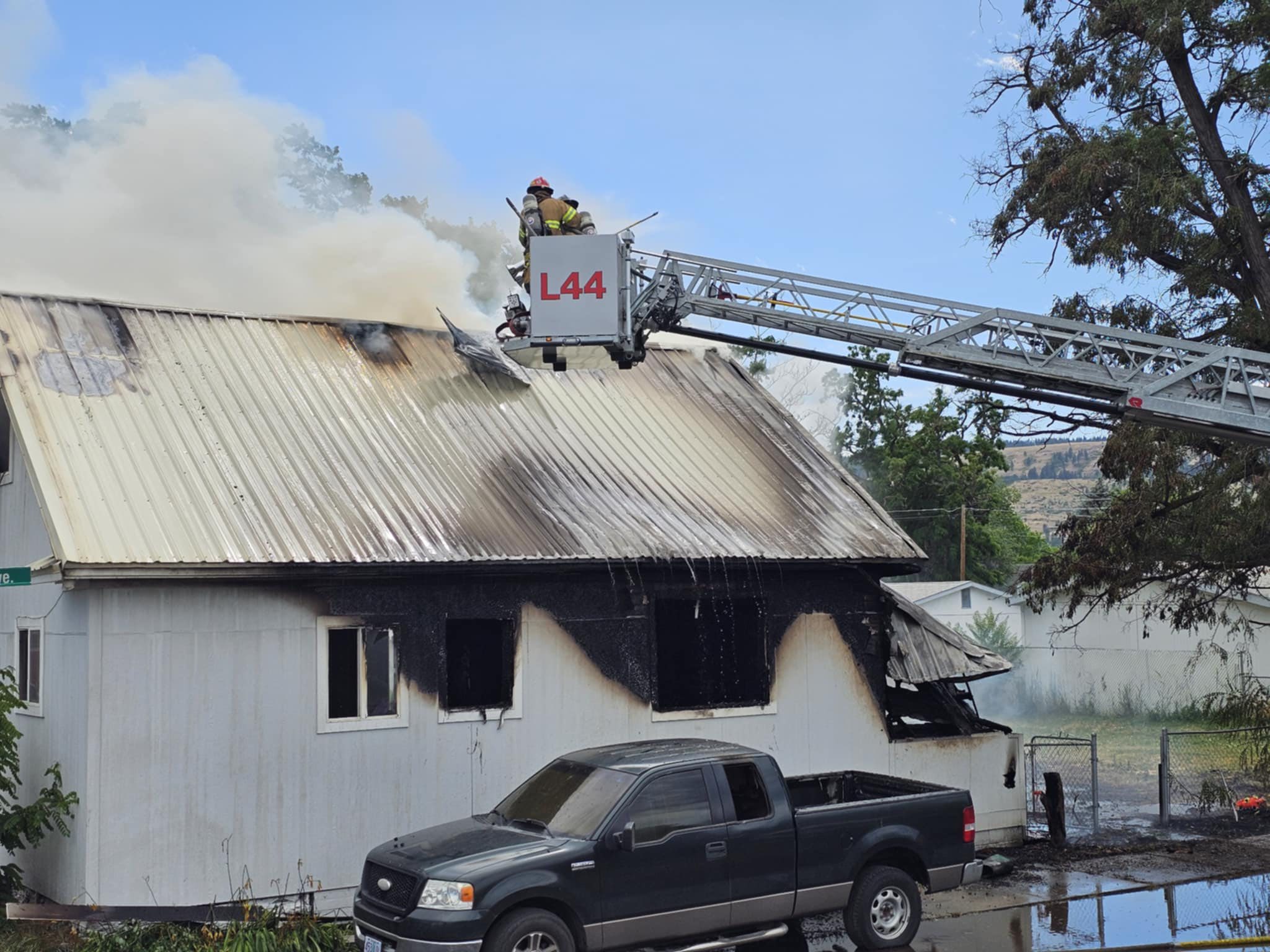Wallowa County residents discuss health-care needs
Published 11:55 am Friday, August 30, 2013
WALLOWA – Big changes are coming to state and federal health care, and Wallowa County is being asked to help determine what its greatest needs are.
In a series of town halls this week in Enterprise, Joseph and Wallowa, members of the Wallowa County Local Community Advisory Council asked residents to give feedback during an open forum and through a questionnaire.
“It’s to shed some light on things we know about,” said Polly DeVore, the committee’s chairman.
Changes to Medicaid, affecting 750 people in Wallowa County, rolled out at the first of this year.
Vice Chairman Tim Funk said, “The governor elected to take money from the federal government up front and put together a new Oregon Health Plan.”
The intent, said Funk, is to save money. “The governor had to make cuts to Medicaid and the money tightened up.”
Funk said the new plan will be run through insurance companies, namely Greater Oregon Behavioral Health Inc., and Moda Health. “The state will hire insurance companies to pay claims for Medicaid patients. The insurance companies pay claims and the state reimburses.”
Wallowa County is part of a 12-county network called the Eastern Oregon Coordinated Care Organization. DeVore said the Coordinated Care Organizations throughout Oregon are going to pay a set fee of $350 for each Medicaid patient per month. She said every health care provider in the county has contracted to do so and will manage care based on that amount of money. Though every provider is open to new patients, some patients will have pre-assigned providers.
DeVore described the organizations as a capitalist system aggressive at addressing health care. “The new plan is cutting back on services. Instead of two sets of X-rays there will be one. The bad side is they are reducing services.”
At the beginning of 2014, state employees and retirees will be in the same system. DeVore said “As more people are integrated into the same pot of money it will have to go among a lot more people.”
The reorganization is designed to keep people out of the emergency room, reduce long hospital visits, and eliminate duplications of service, said DeVore. “Physicians are required to take care of their patients and be accountable.”
Funk said providers will be graded on what they are providing and there may be repercussions for patients who are non-compliant and not following doctors’ orders on medications or diet.
DeVore said pharmacists are faced with tracking a patient’s medication use. If lab work comes back and a prescription is called in to the pharmacy and is not filled at the appropriate time, a letter goes to the provider and is reported through managed care.
She said there are 17 metrics of reporting that providers must follow so as not to be penalized.
DeVore said preventative measures and lifestyle changes are encouraged by the physicians who are constantly caring for those with chronic conditions and diseases. Clinics and hospitals are offering workshops. She said one area that is having some benefit is mental and behavioral health working together more cooperatively with physical care needs.
Pepper McColgan of Northeast Oregon Network said all of the clinics are busy, but community health workers can help reduce time and stress on physicians. To help with the transition a lot of local people will have training to help community members navigate the system of managed care, applications, education, and prescriptions.
“The Coordinated Care Organizations will use community health workers to help people through the system,” said McColgan.
There will be a registry of trained people who are certified, supervised, and have had a background check, said McColgan.
DeVore said helping out locally, the organizations can bring knowledge to the state level regarding rural health- care needs. “We are passionate about this, we do this as volunteers. We want to help. We will carry your comments forward, but you need to do it, too.”
McColgan said the questionnaire will help the community. “If you write it down it will help compile what the needs are. It matters so much to have written testimony.”
Funk said this is the importance of the needs assessment and the county’s response to the questionnaires. “In order for our county to qualify we need to do the needs assessment and do our own audit of what our community needs are,” he said.
DeVore said besides filling out the questionnaire, she recommended that if people have concerns they attend the monthly hospital board meetings and get to know the board members. “You need to know the hospital board members, these are your board members,” she said.
Another program set to roll out in January is Cover Oregon for small businesses and individuals, said McColgan. It will cover a base level of essential services from the Affordable Care Act. Enrollment begins in October. For more information visit www.coveroregon.com.








